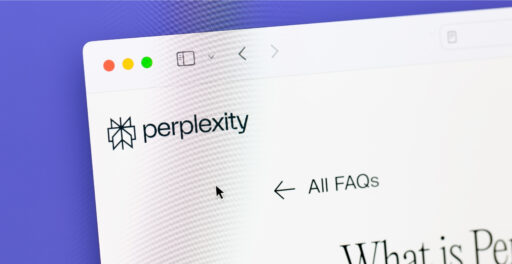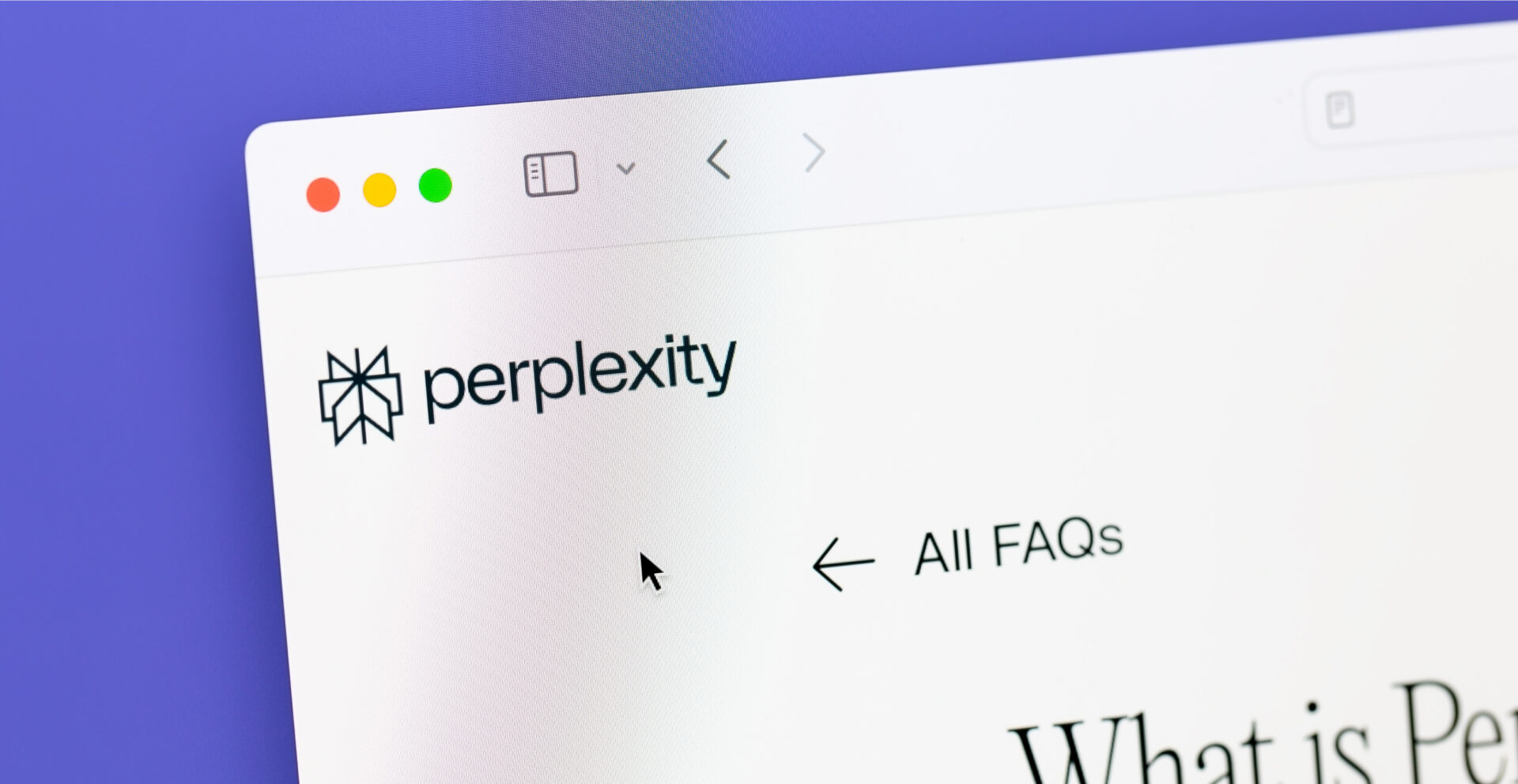Perplexity AI just dropped a bombshell that could reshape the entire browser landscape. Their $34.5 billion all-cash offer for Google Chrome isn’t just another acquisition play. This represents the most ambitious challenge to Google’s internet dominance since the original browser wars.
After analyzing this move through 18 years of technology evolution, I can tell you this isn’t about buying a browser. It’s about controlling the future of how humans interact with information.
The Technical Architecture Behind Perplexity’s Chrome Strategy
Most coverage misses the technical sophistication behind this bid. Perplexity has been preparing for this moment through systematic browser integration testing.
Their Chrome extension already demonstrates advanced capabilities using Manifest V3 architecture. However, the real innovation lies in their Comet browser, launched in July 2025.
How Comet Browser Reveals the Integration Roadmap
Comet operates on a hybrid architecture that combines local processing with cloud-based AI. Unlike competitors who retrofit AI features, Perplexity built native AI integration from the ground up.
Key technical differentiators include:
- Persistent AI assistance via Chrome’s sidePanel API
- Real-time content analysis through DOM manipulation
- Agentic capabilities for automated cross-tab tasks
- Selective data transmission policies for privacy protection
This technical foundation proves Perplexity can deliver on their Chrome integration promises. They’re not just buying technology they can’t use.
Market Dynamics Show Perfect Timing for This Acquisition
The numbers tell a compelling story about why now is the right moment for this move.
Google’s search market share dropped below 90% for the first time since 2015. Meanwhile, AI search platforms now process over 2 billion queries daily.
More importantly, 71.4% of Gen Z users prefer AI-first tools over traditional search methods. This generational shift creates massive opportunity for whoever controls the browser experience.
Revenue Implications Beyond Traditional Metrics
Chrome’s strategic value extends far beyond browser revenue. Ownership would provide direct access to 3.5 billion users’ browsing behavior.
This eliminates Traffic Acquisition Costs and creates a closed-loop data ecosystem for AI improvement. Industry analysts estimate Chrome’s value to Google between $50-100 billion.
Therefore, Perplexity’s $34.5 billion offer might actually be attractive despite appearing expensive relative to their $18 billion valuation.
Privacy Trade-offs Create New User Experience Paradigm
CEO Aravind Srinivas explicitly described plans to track user behavior “outside the app” for hyper-personalized advertising. This includes shopping preferences, travel patterns, and dining choices.
This comprehensive behavioral profiling represents a fundamental shift from Google’s current Chrome data usage. Users would trade privacy for AI-powered browsing convenience.
However, the user experience benefits are significant:
- AI-powered page summarization
- Contextual assistance based on browsing history
- Natural language interaction with web content
- Direct answers with transparent sourcing
This represents browsers evolving from passive navigation tools into cognitive operating systems.
Regulatory Timing Creates Unprecedented Opportunity
The bid’s timing coincides with unprecedented antitrust pressure on Google. Judge Mehta’s ruling that Google maintains an illegal search monopoly creates a unique window.
The DOJ’s proposed remedy specifically targets Chrome divestiture. Perplexity’s preemptive offer could accelerate this process if Google chooses engagement over litigation.
Furthermore, Perplexity’s proposal addresses regulatory concerns by committing to maintain Chromium as open source and preserve user choice for search providers.
Strategic Calculation Exploits Narrow Window
Legal experts suggest any forced divestiture would take years to navigate through appeals. However, voluntary sale could happen much faster.
Perplexity appears designed to exploit this narrow regulatory window before competitors like OpenAI can mount similar challenges.
Financial Structure Demonstrates Serious Intent
The financial details reveal sophisticated planning beyond the headline number.
Commitments include investing $3 billion in Chromium development over 24 months, maintaining Google as default search engine, and providing 100-month user support guarantees.
Multiple venture capital funds have committed to backing the transaction despite the offer exceeding Perplexity’s valuation. This indicates investor confidence in the strategic value proposition.
The all-cash structure also eliminates financing complexity that could derail negotiations.
Competitive Response Patterns Suggest Industry Transformation
Google’s defensive response includes deploying AI Overviews across 47% of search results. However, these generate zero clicks 77% of the time, threatening advertising revenue.
Internal Google memos indicate preference to lose traffic to their own AI (Gemini) rather than competitors. This suggests recognition of the structural threat posed by AI-native search platforms.
Meanwhile, OpenAI is also developing web browser technology, indicating broader industry movement toward AI-powered browsing experiences.
Implementation Challenges Could Determine Success
Several technical and business challenges could affect execution:
- Integration complexity across 3.5 billion user accounts
- Maintaining Chrome’s performance while adding AI features
- Balancing privacy concerns with AI personalization
- Managing transition costs and user adoption
Additionally, the $200/month subscription model for full Comet features raises questions about accessibility beyond premium users.
What This Means for AI Platform Strategy
This acquisition attempt signals a fundamental shift in AI platform competition. Success requires controlling the entire user experience stack, not just search algorithms.
Companies evaluating AI platform investments should consider:
- Browser control provides user behavior data advantages
- AI-native experiences outperform retrofitted solutions
- Regulatory pressure creates acquisition opportunities
- User privacy expectations are evolving rapidly
The broader implication is that AI search isn’t just about better answers. It’s about reimagining how humans interact with information across the entire internet experience.
Bottom Line: This Bid Changes the Game Regardless of Outcome
Whether Google accepts this offer or not, Perplexity has already achieved strategic value. They’ve positioned themselves as the leading alternative to Google’s internet infrastructure dominance.
The technical sophistication, regulatory timing, and comprehensive user experience vision demonstrate this represents genuine competitive threat rather than publicity maneuvering.
For organizations building AI strategies, this move shows that controlling user touchpoints matters more than having the best algorithms. The future belongs to companies that can deliver AI-native experiences across the entire user journey.
Chrome’s 68% browser market share and 3.5 billion users make it the ultimate prize in the AI wars. Perplexity’s bold bid proves they understand that browser control equals internet control in the AI economy.






